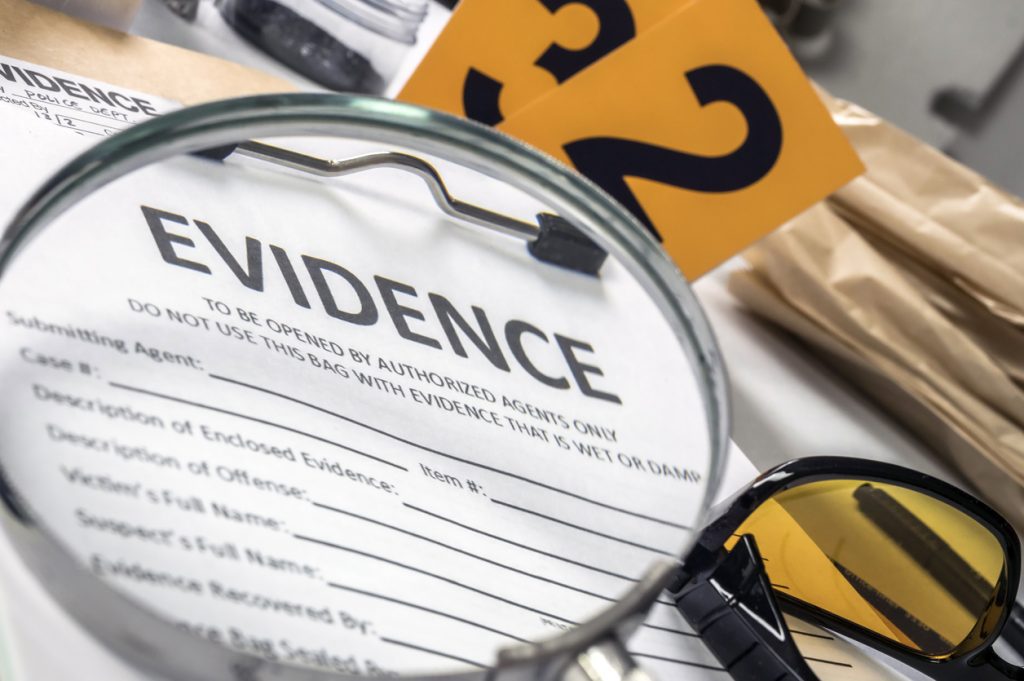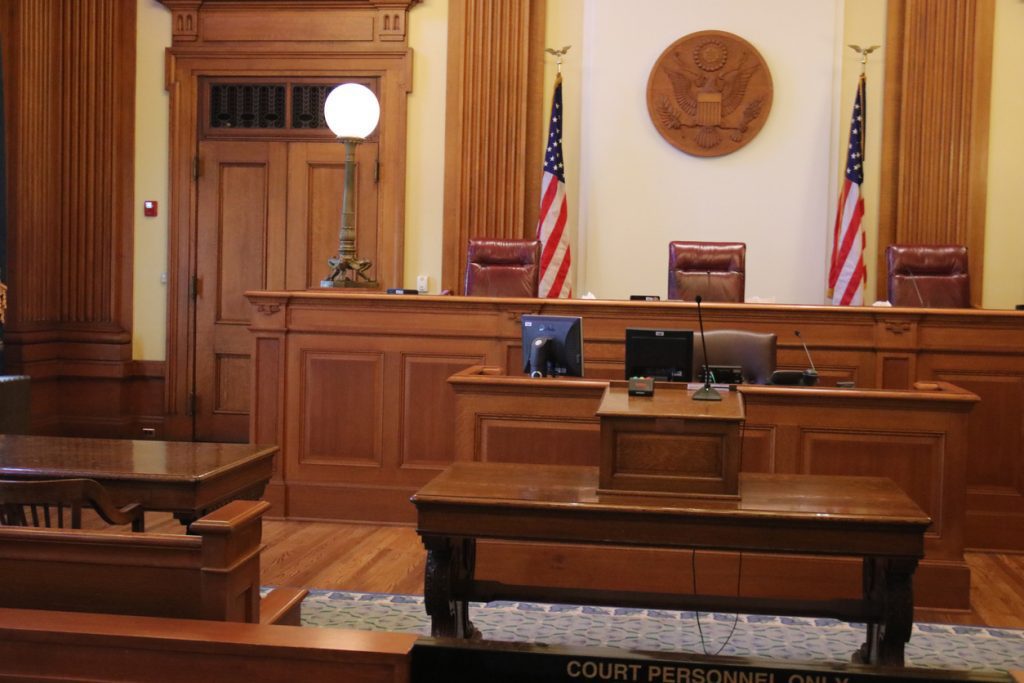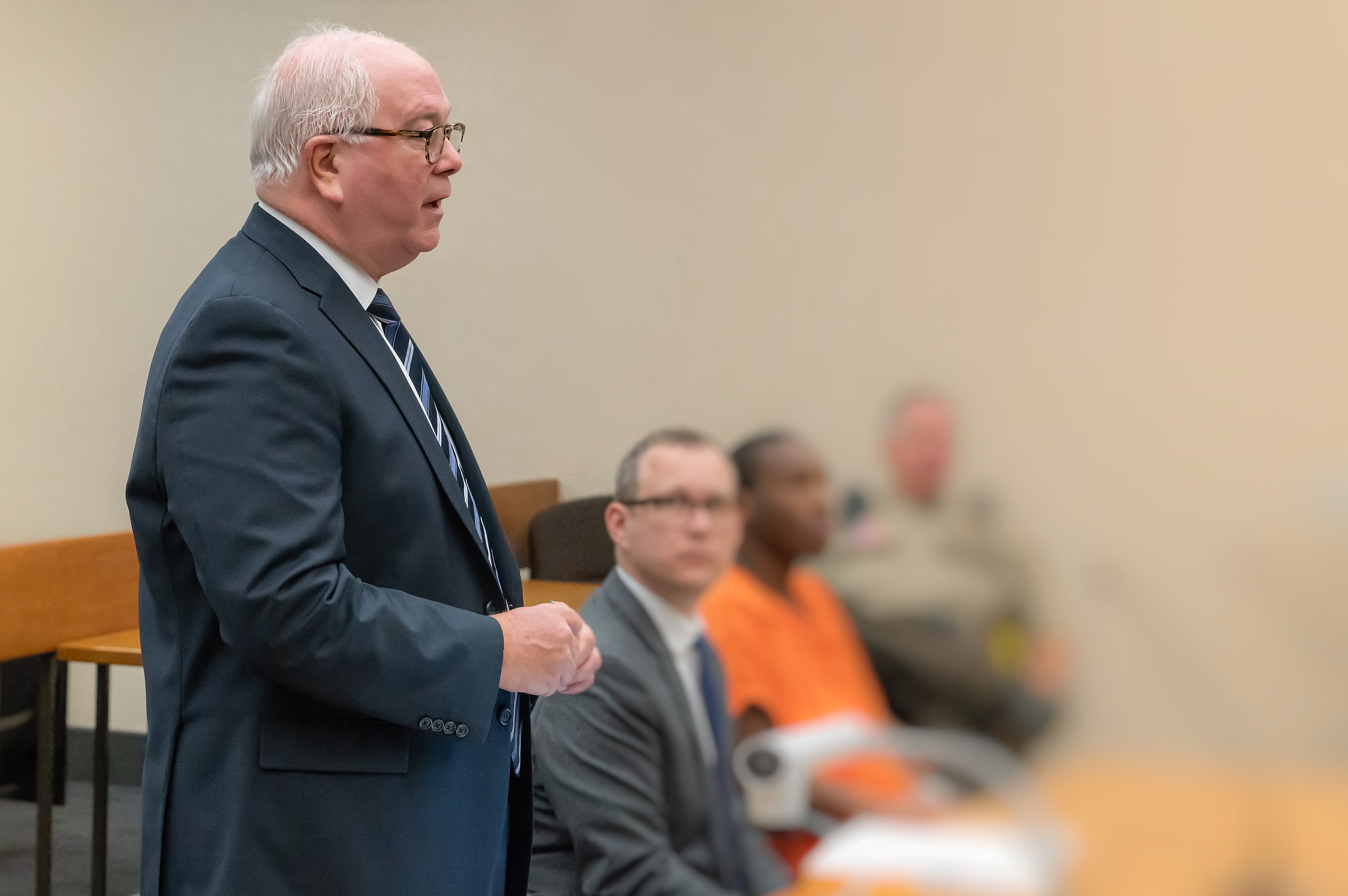Discovery is the process of obtaining evidence from the other party and other witnesses in a case. In a civil case, a plaintiff would get discovery from the defendant and vise versa. In a criminal case, however, the discovery process looks a bit different.
How do you get discovery in a criminal case?
To begin, most criminal cases do not proceed to a trial. Therefore, the evidence in a case may not ever be presented at trial. Regardless of whether or not a person intends to go to trial, though, obtaining the government’s evidence through discovery is the only way to know what, if anything, it has to prove its case against you. A careful review of that evidence allows you to challenge it and develop a defense strategy.
In discovery, prosecutors must provide copies of materials and evidence they intend to use at trial. In some states, this obligation is ongoing from when a case begins to the time of trial. Usually, the accused can obtain available police reports and witness statements. If the prosecutor has recorded statements you made or made by others, those should also be available. In addition, the defense can arrange to inspect available physical evidence, such as tangible objects, documents, computer files and more.
In most states, there are not rules preventing the defense from interviewing witnesses to discover what they may testify about. Depositions of witnesses are not routinely available in criminal cases, but a judge may allow them or informal interviews under special circumstances.
A failure to make required discovery available exposes prosecutors to fines or sanctions. However, prosecutors do not have to disclose attorney work product, which includes their case strategy or the questions they plan to ask witnesses in court.
Discovery in a criminal case helps to make the criminal justice system more fair for everyone. Requiring prosecutors to reveal witness lists, police reports, physical exhibits, etc., everyone can get on the same page to evaluate the case and prepare for trial or plea negotiations.

Are there special rules that apply to evidence that makes you look not guilty?
Prosecutors must provide exculpatory evidence that may hurt the prosecution’s case and benefit the accused. This evidence could support a person’s innocence. Exculpatory evidence is also known as Brady material, a name based on a landmark Supreme Court case.
Exculpatory evidence or Brady material that prosecutors must make available includes evidence that might reduce a person’s sentence exposure by reducing a felony to a misdemeanor, for example. It might also include impeachment evidence needed to attack the credibility of a prosecution witness.
Evidence that the accused was not at the scene of the crime when it happened, that another person committed the crime, that the victim mistakenly identified the accused or that witnesses could not have witnessed the events they claim. In short, any evidence that could affect the trial’s outcome and undermine the accused’s guilt might fall under Brady.

Are there states that don’t have discovery in criminal cases?
Sort of. Most states have broad pre-trial discovery requirements, even in criminal cases and especially after the Supreme Court’s Brady decision. Some states, however, don’t. Virginia is one of those states.
Virginia’s discovery rules in criminal cases are very limited. While most states require the prosecutor to disclose all evidence they intend to present at trial, Virginia only requires the prosecutor to disclose information required by Brady and the defendant’s criminal history. That’s pretty much it.
The Takeaway:
Discovery is available in a criminal case, including police reports, witness statements, and tangible, physical evidence. Prosecutors have to disclose exculpatory evidence, which tends to show that the accused is not as guilty as charged. The defense is entitled to attend any depositions allowed by the court.






